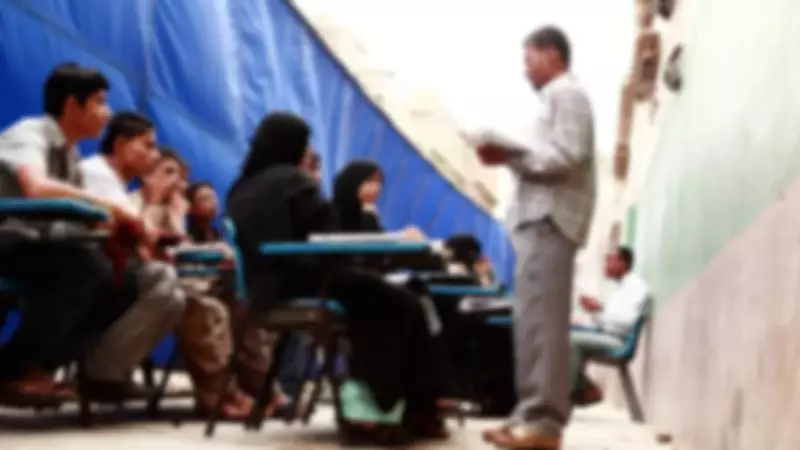
In a deeply disturbing incident that has sent shockwaves across India's education sector, a madrasa in Uttar Pradesh allegedly demanded a virginity certificate from a 13-year-old female student as a prerequisite for promoting her to the next class.
The Shocking Demand
The controversy erupted when the madrasa administration reportedly insisted that the minor undergo a virginity test and provide medical certification before allowing her academic progression. This unprecedented requirement has raised serious questions about institutional ethics and child protection measures in educational institutions.
Family's Outrage and Legal Action
The student's family, understandably horrified by the demand, immediately filed a formal complaint with local authorities. "We were stunned when they told us our daughter needed to prove her virginity to continue her education," a family member stated. "This is not just inappropriate but legally and morally unacceptable."
Official Response and Investigation
Following the complaint, education department officials have launched a comprehensive investigation into the matter. Preliminary reports suggest that the madrasa administration might face serious consequences for violating multiple child protection laws and educational guidelines.
Legal and Ethical Violations
Legal experts emphasize that this case involves several critical violations:
- Infringement of the child's right to privacy and dignity
- Potential violation of Protection of Children from Sexual Offences (POCSO) Act
- Breach of educational institution guidelines
- Violation of medical ethics and human rights
Broader Implications for Education
This incident has sparked a nationwide debate about safeguarding mechanisms in educational institutions, particularly in religious schools. Child rights activists are demanding stricter monitoring and accountability measures to prevent such occurrences in the future.
As the investigation continues, education authorities have assured the public that appropriate action will be taken against those responsible, while emphasizing the need for sensitivity and protection of the minor's identity throughout the legal process.





